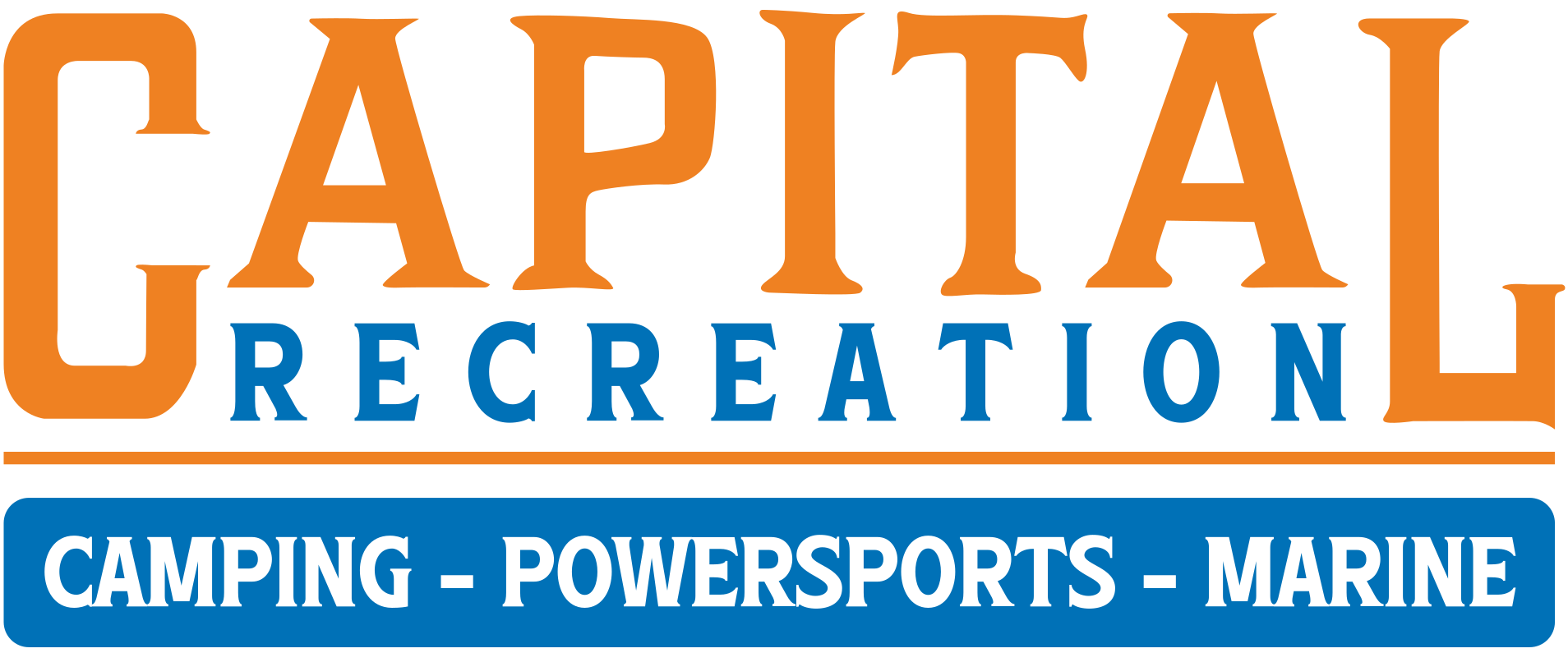
People looking to live in their RV full-time often ask the same question: Is an RV loan considered a mortgage?
As an RV dealer in Ontario, Capital Recreation understands your curiosity and is here to provide clarity.
RV Loans vs. Mortgages
When considering financing an RV, it’s crucial to understand how RV loans differ from mortgages. While both are forms of secured loans, they have distinct characteristics.
An RV loan is specifically designed to purchase recreational vehicles. Like a mortgage, it uses the purchased item as collateral. However, RV loans typically have shorter terms and higher interest rates than mortgages.
On the other hand, a mortgage is a loan used to purchase real estate. Mortgages generally have longer terms, often up to 30 years, and tend to offer lower interest rates due to the stability of real estate as collateral.
Key Differences Between RV Loans and Mortgages
Understanding the distinctions between RV loans and mortgages can help you make an informed decision. Let’s explore these differences in detail:
Property Type
RV loans finance mobile assets, while mortgages are for stationary real estate. This fundamental difference affects how lenders view the loan’s risk.
RVs depreciate over time and can be moved, potentially making them harder to repossess. In contrast, real estate typically appreciates and remains in a fixed location, providing more security for lenders.
Loan Terms
RV loans usually have terms of 10-15 years, whereas mortgages can extend to 30 years or more. The shorter term for RV loans means higher monthly payments but less interest paid over the life of the loan. With their longer terms, mortgages offer lower monthly payments but result in more interest paid overall.
Interest Rates
Typically, RV loans have higher interest rates than mortgages. This is due to the higher risk associated with mobile assets.
RV loan rates can range from 4% to 15% or more, depending on your credit score and the loan term. On the other hand, mortgage rates tend to be lower, often between 2% and 5%, reflecting the lower risk of lending against real estate.
Down Payment
RV loans often require larger down payments, sometimes up to 20% of the purchase price. This substantial upfront investment helps offset the risk of depreciation.
Mortgages may allow for smaller down payments, sometimes as low as 5% for qualified buyers, making homeownership more accessible for some.
Tax Implications
Mortgage interest is generally tax deductible, but RV loan interest usually isn’t. The mortgage interest deduction can lead to substantial tax savings for homeowners. However, using your RV as a primary residence may make you eligible for similar tax benefits.
Capital Recreation: Your Partner in RV Financing
Is an RV loan considered a mortgage? While both are secured loans, RV loans and mortgages differ in terms, rates, and applications.
At Capital Recreation, we understand the nuances of RV financing and are here to help you navigate your options. Whether you want to purchase your first RV or refinance an RV loan, our team of experts can guide you through the process. Call Capital Recreation at (833) 758-1244 for personalized assistance with RV loans in Ontario.

